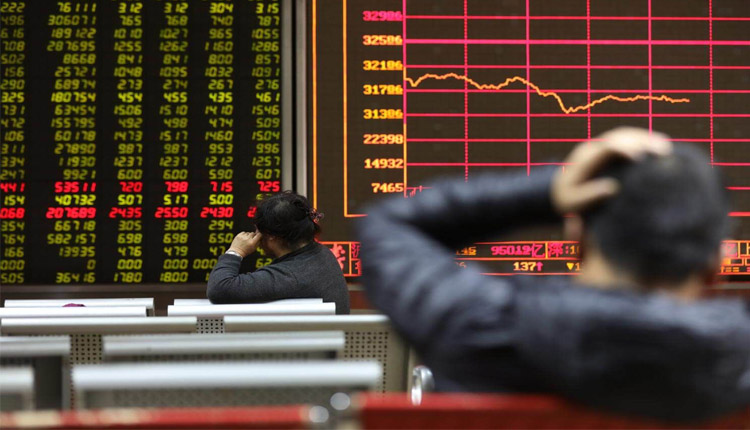Stock markets in Asia were mixed on Friday as tensions in the Middle East continued to linger.
In Japan, the Nikkei 225 ended 0.95 percent lower at 21,258.64, while the Topix index slipped 0.9 percent to finish its trading day at 1,545.90.
Over in South Korea, the Kospi finished its trading day 0.27 percent lower at 2,125.62 as shares of chipmaker SK Hynix declined 2.08 percent. Australia’s S&P/ASX 200 also slipped 0.55 percent to close at 6,650.80, with shares of biotechnology firm CSL dropping 3.17 percent after the company flagged lower Chinese sales in 2020 due to a change in its distribution model.
Mainland Chinese stocks bucked the overall trend to rise on the day, with the Shanghai composite up 0.5 percent and Shenzhen component adding 0.87 percent. The Shenzhen composite also advanced 1.339 percent.
In Hong Kong, the Hang Seng index declined around 0.5 percent, as of its final hour of trading. Hong Kong-listed shares of HSBC slipped about 1 percent.
The Japanese yen, often seen as a safe-haven currency, traded at 107.29 against the dollar after seeing levels above 107.6 yesterday. The Australian dollar changed hands at $0.6922 after rising from levels around $0.688 in the previous session.
Middle East tensions heat up
Meanwhile, tensions in the Middle East continued to heat up after an Iranian missile shot down an unmanned U.S. surveillance drone on Thursday. That followed attacks on tankers in the Gulf of Oman last week.
Oil prices were sent soaring on Thursday after U.S. President Donald Trump said Iran made a “very big mistake. ” The New York Times reported late Thursday that Trump had approved military strikes on several Iranian targets before abruptly pulling back.
In the afternoon of Asian trading hours on Friday, oil prices pared some of the previous trading day’s gains. Brent slipped fractionally to $64.41 per barrel, while U.S. crude futures declined 0.14 percent to $56.99 per barrel.
“The key issue that we’re struggling with at the moment is the impact of geopolitics on business confidence,” James Sullivan, head of Asia ex-Japan equity research at J.P. Morgan told CNBC’s “Squawk Box” on Friday.
“No one knows what’s going on in the world at this point and it’s very difficult to have a (capital expenditure) budget in that type of environment. That’s the most significant drag on the global economy,” he said. “In terms of the drivers of oil going forward, yes you have potential geopolitical conflict pushing the price up. But core demand continues to be very weak and that’s really the driver of the story for us.”
Shares of oil companies in the region saw gains on Friday. Australia’s Beach Energy jumped 4.81 percent and Santos advanced 1.41 percent, while Japan’s Inpex surged 4.44 percent and South Korea’s S-Oil rose 0.61 percent.
Source: CNBC & Reuters


